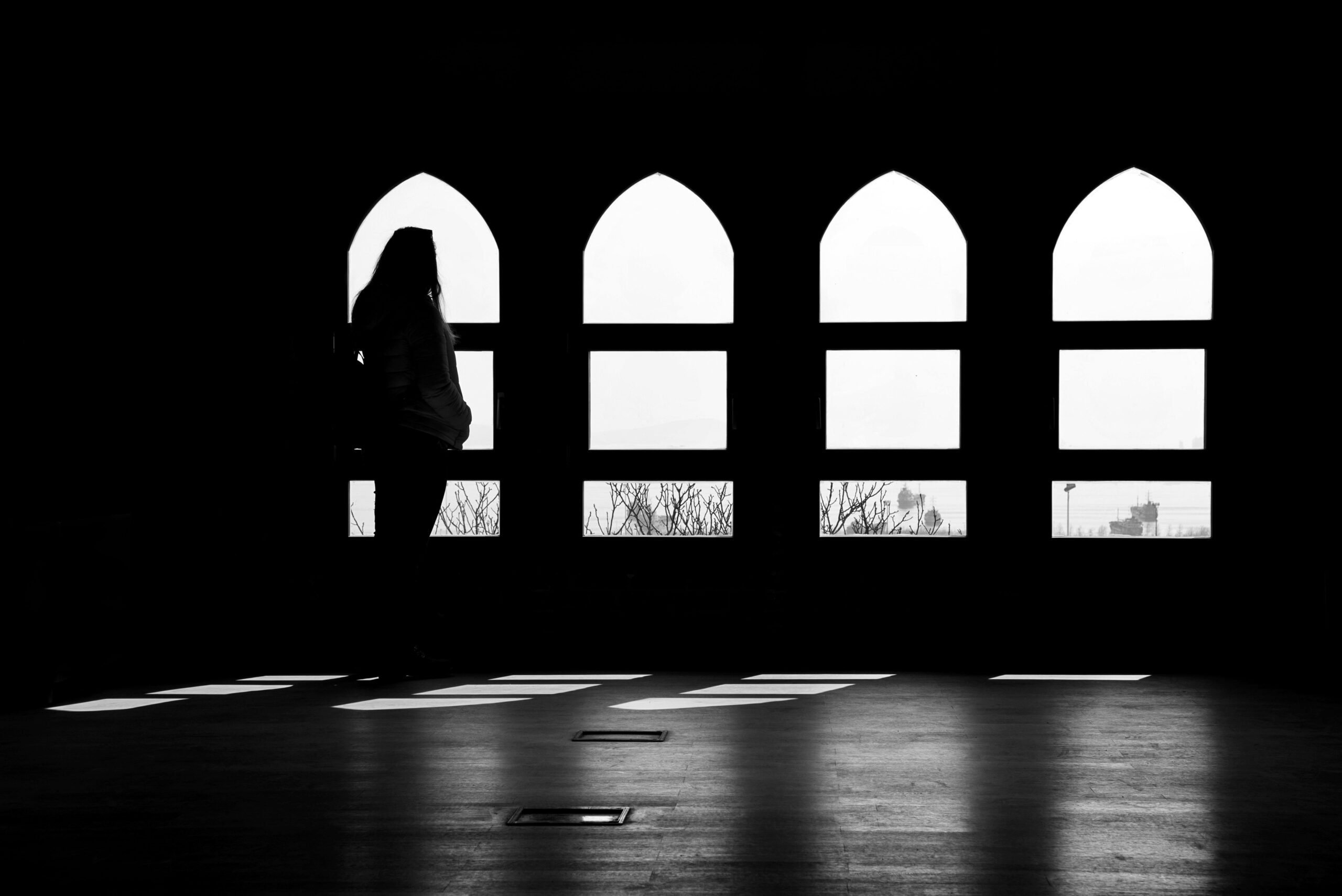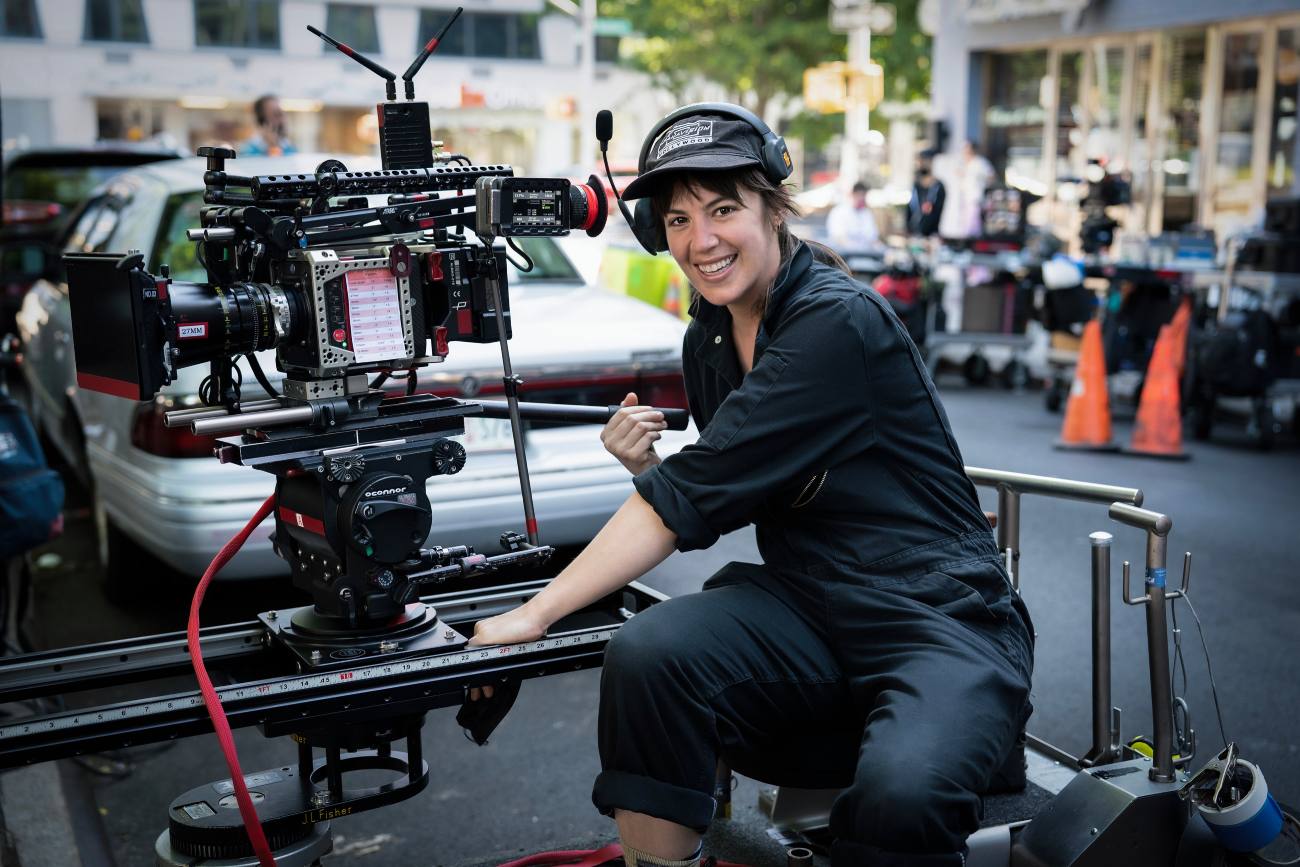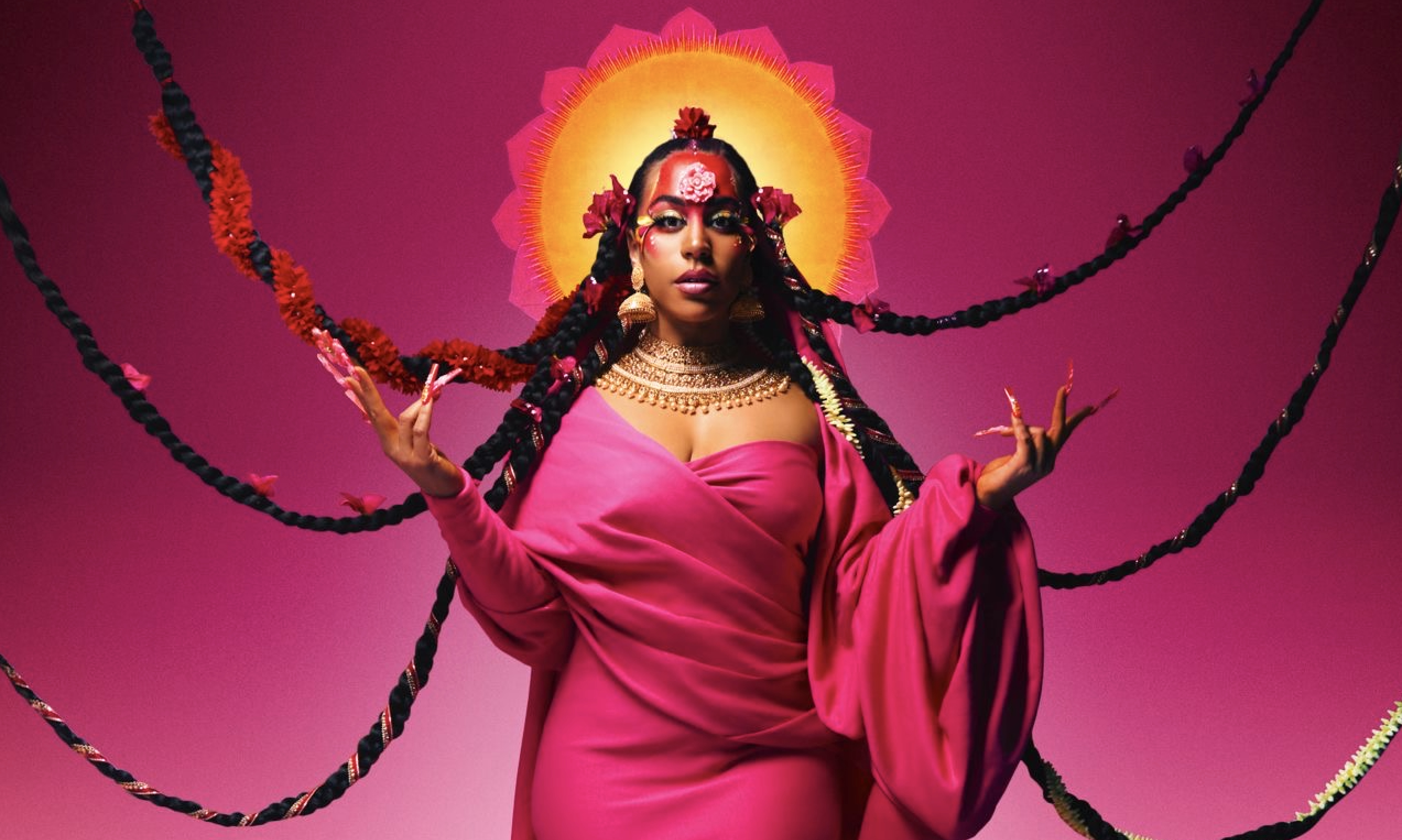
Marcie Maxfield debuts as a novelist with her raw exploration of the expatriate journey, not just through various countries, but through the personal road to self discovery.
What was originally meant as a memoir turned into the autofiction feminist statement ‘Em’s Awful Good Fortune’ (She Writes Press, August 3, 2021). Maxfield’s novel is a biting comedy about a woman’s global journey to reclaim her autonomy in a relationship stretched by the unfamiliar landscape of expat life.
Part dysfunctional marriage, part global romp, ‘Em’s Awful Good Fortune’ is not your typical expat story. The book is a deeply personal, marriage coming-apart-at-the-seams look at the struggle between a woman’s desire for partnership and her need for identity. Fueled by twin demons, love and rage, Em stomps her way around the world coming to terms with the fantasy of having it all: husband, kids, and a career. Em is not just married; it’s more like being handcuffed to her husband’s international career. Her life reads like a fantasy, bouncing between Los Angeles, Paris, Tokyo, Shanghai, and Seoul. But—the good fortune is all her husband’s: Em is just the tagalong wife.
Marcie’s compelling, non-linear story explores the expat lifestyle through the lens of a struggling marriage, while at the same time tracing the lasting impact of sexual assault and PTSD. Em’s journey exposes the dark corners of this seemingly privileged world: loneliness, depression, infidelity, and loss of career. A whip-smart empowering narrative about compromise that every woman should read. Em begins to value her needs before those of her husband’s career, she stops letting herself be dragged along for the ride—and ultimately emerges triumphant.
In the interview below, the author opens up about her own experience, the misconceptions she wanted to challenge about the expat lifestyle, and incorporating topics like sexual assault and PTSD into her story.

The reference on the cover of your book is powerful: “PTSD: Paris, Tokyo, Shanghai, Detroit.” Tell us about how you wanted to focus on the lasting effects of PTSD, not necessarily what causes it, and how that travels with a person.
PTSD is like aftershocks following an earthquake—it comes in waves of fear, anxiety and full-blown panic attacks. All of which Em experiences. But I didn’t want to put a neon sign on Em that says #MeToo. It’s there in the background, like her limp/swagger from a childhood accident. Just another thing that impacts how women walk in the world—why they sometimes choose to “play it safe” rather than live their fullest lives.
You originally planned to write this book as a travel memoir. How and why did that idea evolve when your writing process began, and what exactly is autofiction for those new to the unique genre?
The plan was to write a memoir about my experiences as a “tagalong” wife living in China during the “air-apocalypse.” But then Em’s voice began to drive the narrative and the book became more about unleashing Em—raw & unfiltered—than writing an expat novel. In the end, her voice became the story. That’s how I define autofiction: merging the authenticity of memoir with the creative freedom of fiction.
What are some of the most common misconceptions about the expat experience that you want readers to understand from the book?
People think the expat life is a vacation. That my husband got a big fat expat package, and I didn’t have to work. The thing is, I couldn’t work—I didn’t have working papers. I lost agency, identity, financial independence. As for the expat package, honestly, it didn’t compensate for the loss of my income. And then, there’s the trope about “tai-tais” shopping all day, getting mani-pedis. Yeah, there’s definitely some quality self-care to be had as a tagalong wife—travel, museums, cultural activities. And thank the goddesses for that! It’s not easy raising kids in a foreign city where you don’t drive a car or speak the language, have no family to lean on, and you have to start over from scratch: make friends, establish community, find doctors, and then—just when you have it all figured out—it’s time to move again.
There are a lot of musical references in your book. Can you talk about why music was so central to your character?
Oh, yeah, there are over 40 bands or songs woven into this book. Em thinks in song titles. I wanted to illustrate how the music industry career that she gave up—in order to keep her marriage together—stayed with her throughout her journey, embedded in her thought process. When Em reclaims her true self and steps into her light—she’s wearing a rocker-girl muscle t-shirt
You devote an entire chapter of the book to yoga. How did you get into yoga, and how did it change your life?
I stumbled into a yoga studio. Literally. Walked into one of those sidewalk-sandwich boards advertising one free month of yoga. That’s all it took—I was hooked. It helped with my anger and anxiety. That I got in better shape was just an added benefit. When someone reads that chapter in the book, they will see how Yoga Teacher Training practically broke me before it saved me.
‘Em’s Awful Good Fortune’ is out August 3, 2021, through She Writes Press. You can pre-order the book HERE.

















